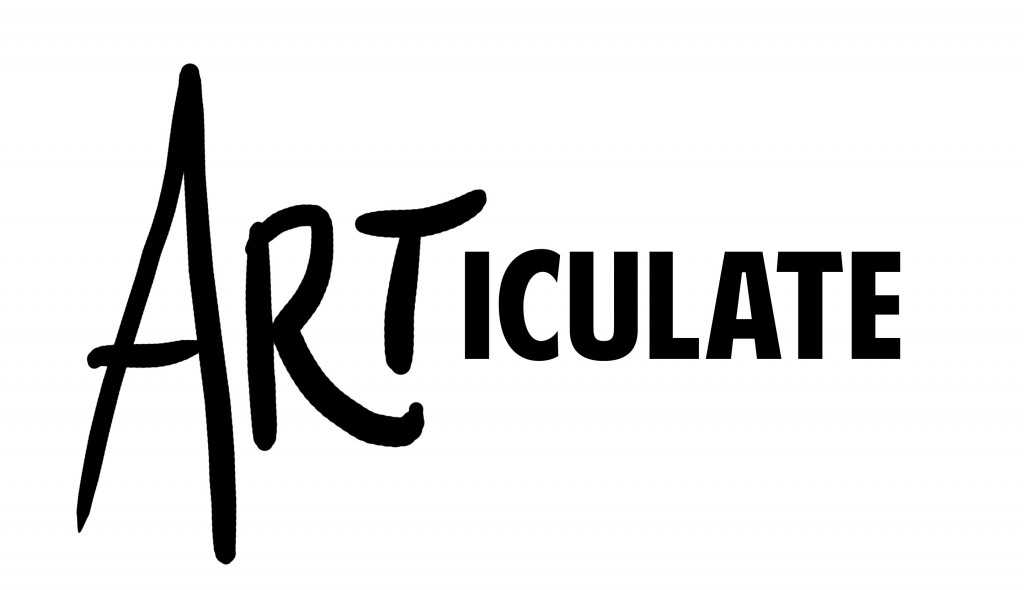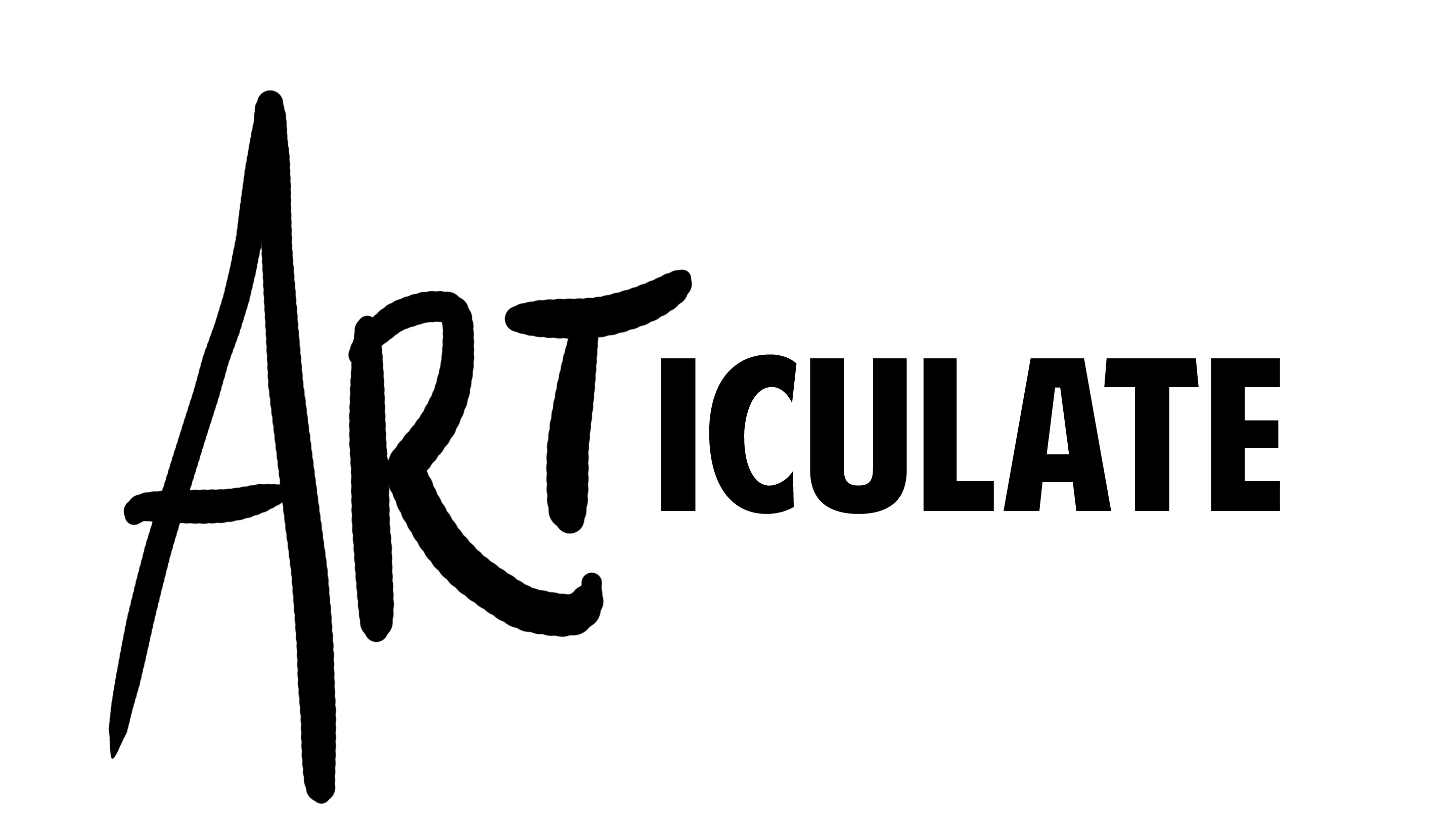
Everyone has a friend with that exact reaction to movies based off of books. It may even be your reaction.
The blockbuster film industry is currently dominated by literary adaptations. The top-grossing films of the year so far are The Avengers, The Dark Knight Rises and The Hunger Games; all based off of literary works.
Odds are if you’ve been to the movies recently, you’ve seen an adaptation.
But are they worth it? Can a two hour film ever measure up to the personal investment of a book or a graphic novel?
The larger question and the one to focus on is this: can the two even be compared? As author Richard Schickel once said, “A great novel is concerned primarily with the interior lives of its characters as they respond to the inconvenient narratives that fate imposes on them. Movie adaptations of these monumental fictions often fail because they become mere exercises in interior decoration.”
Therefore, critical success of a film adaptation is not connected to how closely it follows its source material. While the blockbuster series Lord of the Rings managed to remain very close to the books, the films possess their own identity that is independent from the literature that inspired it. The Two Towers and The Return of the King both deviated from their source material more than the Fellowship of the Ring and it is interesting to note that both of those films were more financially profitable. The Return of the King, arguably the film that breaks the most from its source material, won more academy awards than the first two films of the series combined.
Likewise, the film adaptation of Shrek, which shared excessively little with its literary origins aside from its green protagonist, has spawned a profitable series of four films, two of which that were very well received by critics.
Now examine a film like The Golden Compass. This film loses the religious overtones of the book but follows the events very closely. This film was not only received poorly by critics but was also a financial flop that ended up costing the studio millions.
There is a noticeable trend. Success in adaptations is found more through their capturing the spirit of the book rather than its exact plot. That’s not to say that every film adaptation that took liberty with its origins was a success (for example, Cat in the Hat) but in general, films that find their own voice, rather than relying on the voice of their source material, are more financially and critically successful.
“Some of us have great original ideas,” said filmmaker Frank Darabont, whose biggest films include The Shawshank Redemption, The Green Mile, and The Mist. “And some of us depend on adaptations.”
So while the book may be better: does that matter so much when the film has found its own story to tell?




